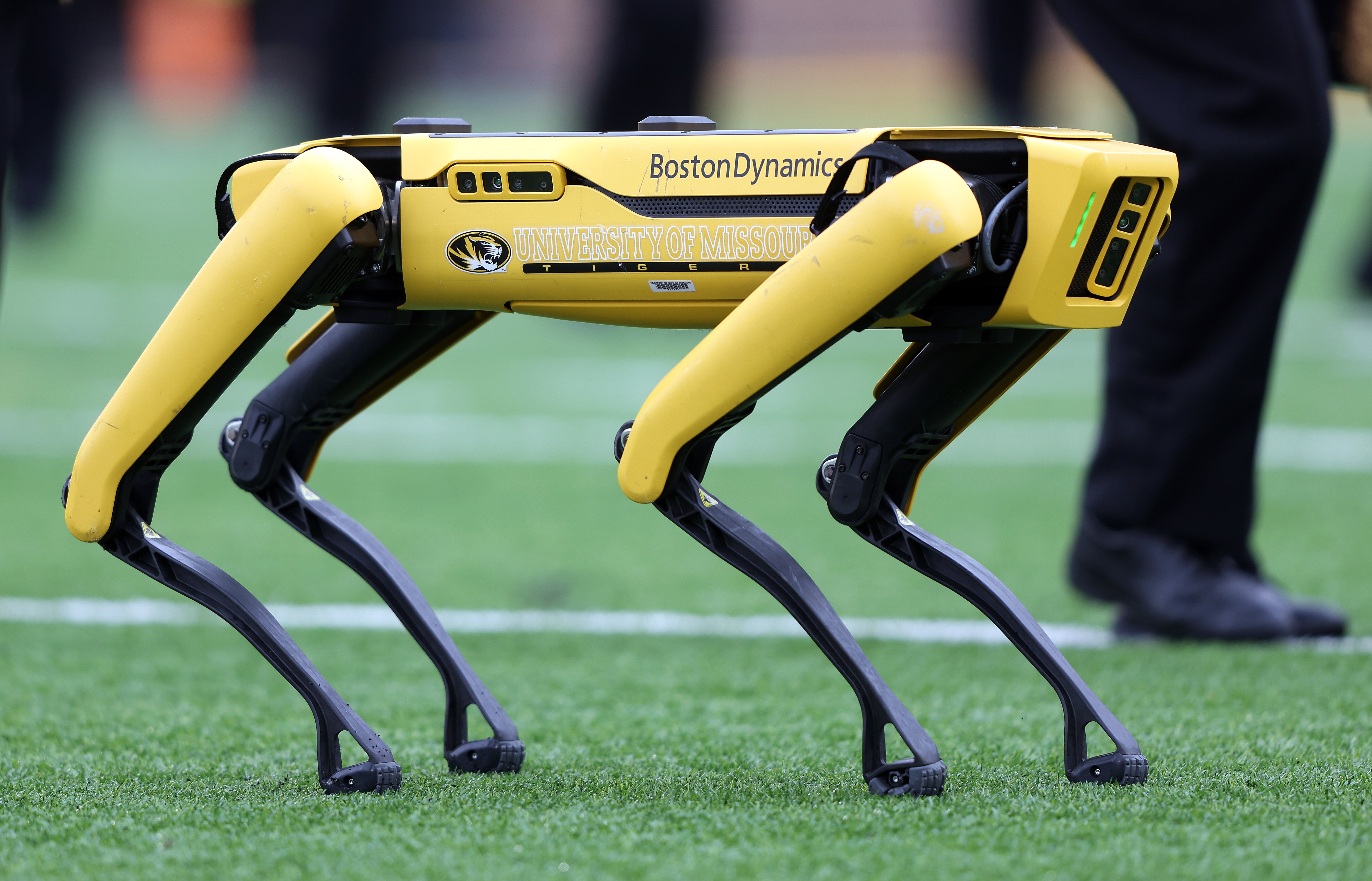Boston Dynamics pledges not to weaponise its mechanical humans or dogs - but that might not stop robot war
‘Adding weapons to robots that are remotely or autonomously operated ... raises new risks of harm and serious ethical issues’, the company says

Boston Dynamics and a number of other robotics companies are pledging that they will not weaponize their products.
In a letter, first reported on by Axios, the companies say that “adding weapons to robots that are remotely or autonomously operated, widely available to the public, and capable of navigating to previously inaccessible locations where people live and work, raises new risks of harm and serious ethical issues.”
Boston Dynamics, as well as Agility Robotics, ANYbotics, Clearpath Robotics, Open Robotics and Unitree Robotics, have said that they “will not weaponize our advanced-mobility general-purpose robots or the software we develop that enables advanced robotics and we will not support others to do so.
“When possible, we will carefully review our customers’ intended applications to avoid potential weaponization. We also pledge to explore the development of technological features that could mitigate or reduce these risks.”
However, the companies also say that they do not take issue with “existing technologies that nations and their government agencies use to defend themselves and uphold their laws.”
Boston Dynamics robot dog, Spot, had raised concerns in particular after police departments were seen using the machine – especially in the wake of criticism of police brutality in the United States and abroad.
In Honolulu, the police department spent about $150,000 in federal pandemic relief money to buy their Spot for use at a government-run tent city near the airport.
“Because these people are houseless it’s considered OK to do that,” said Jongwook Kim, legal director at the American Civil Liberties Union of Hawaii. “At some point it will come out again for some different use after the pandemic is over.”
In 2020, the New York Police Department used a blue Spot they renamed "Digidog" which went viral on social media and drew a public outcry. The NYPD eventually returned the robot.
While Boston Dynamics and these other companies may not be weaponizing their machines, other companies and agencies will do so.
A robot dog equipped with a grenade launcher that appears to be a modified Chinese robotic pet was recently unveiled at a Russian arms expo.
The manufacturer, Unitree Robotics, does not appear to include any safeguards against weaponising its robots but its terms and conditions warn that any damages caused by “unauthorised modification” will not be covered by its sales warranty.
Join our commenting forum
Join thought-provoking conversations, follow other Independent readers and see their replies
Comments


Bookmark popover
Removed from bookmarks